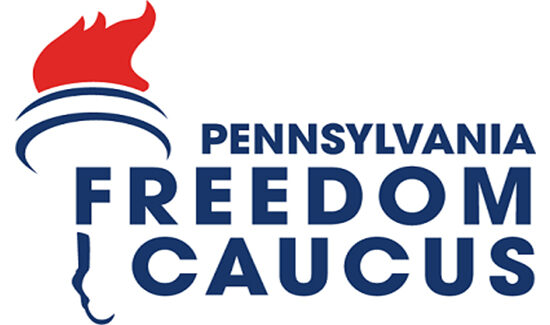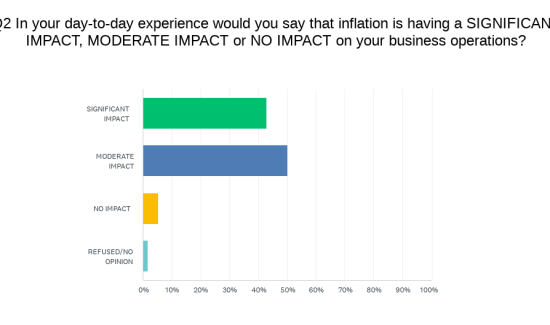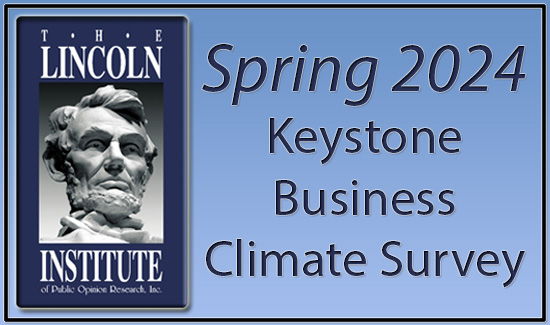Financially Ailing SEPTA Drops $80 Million on Bus Emission Reduction

(The Center Square) — The federal one-time grant worth roughly one-third of what Philadelphia’s transit system needs to fill its multimillion dollar budget shortfall will soon find its way to city.
The funding, meant to help the Southeastern Pennsylvania Transit Authority lower bus emissions, totals $80 million and will cover upgrades for six maintenance facilities that will enhance power systems, modernize electrical infrastructure and install safety systems.
The money comes from a $1.7 billion pot that’s supported 130 projects nationwide. Much of that funding will be dedicated to replacing diesel buses with electric buses or low-emissions buses that run on compressed natural gas.
“Today, we are creating new opportunities to dramatically improve the lives of millions of Americans who ride on buses every day,” said Federal Transit Administration Administrator Nuria Fernandez. “Thanks to the President’s Bipartisan Infrastructure Law, these grants will help deliver a cleaner and more modern mode of transportation, designed to reach everyone, and to work for everyone, particularly in places that haven’t received enough resources in the past.”
The news follows the announcement of a $150 million grant to cover almost half the cost of a bus rapid transit line in Pittsburgh.
The money follows problems that both transit agencies have had with electric buses. A number of cities have had issues with electric bus range and reliability, and previous electric bus purchases have left SEPTA with dozens of broken buses.
However, a bigger problem for SEPTA may not be bus purchases, but long-term financial stability. Riders haven’t returned since the pandemic and the rise of remote work, and SEPTA General Manager and CEO warned in April of a $240 million budget shortfall that could require service cuts, higher fares, or more government funding.
In May, SEPTA officials repeated warnings of the budget shortfall for fiscal year 2025 and noted that the “increased reliance on subsidies is a fundamental fiscal challenge.”
Anthony Hennen
Staff Reporter





